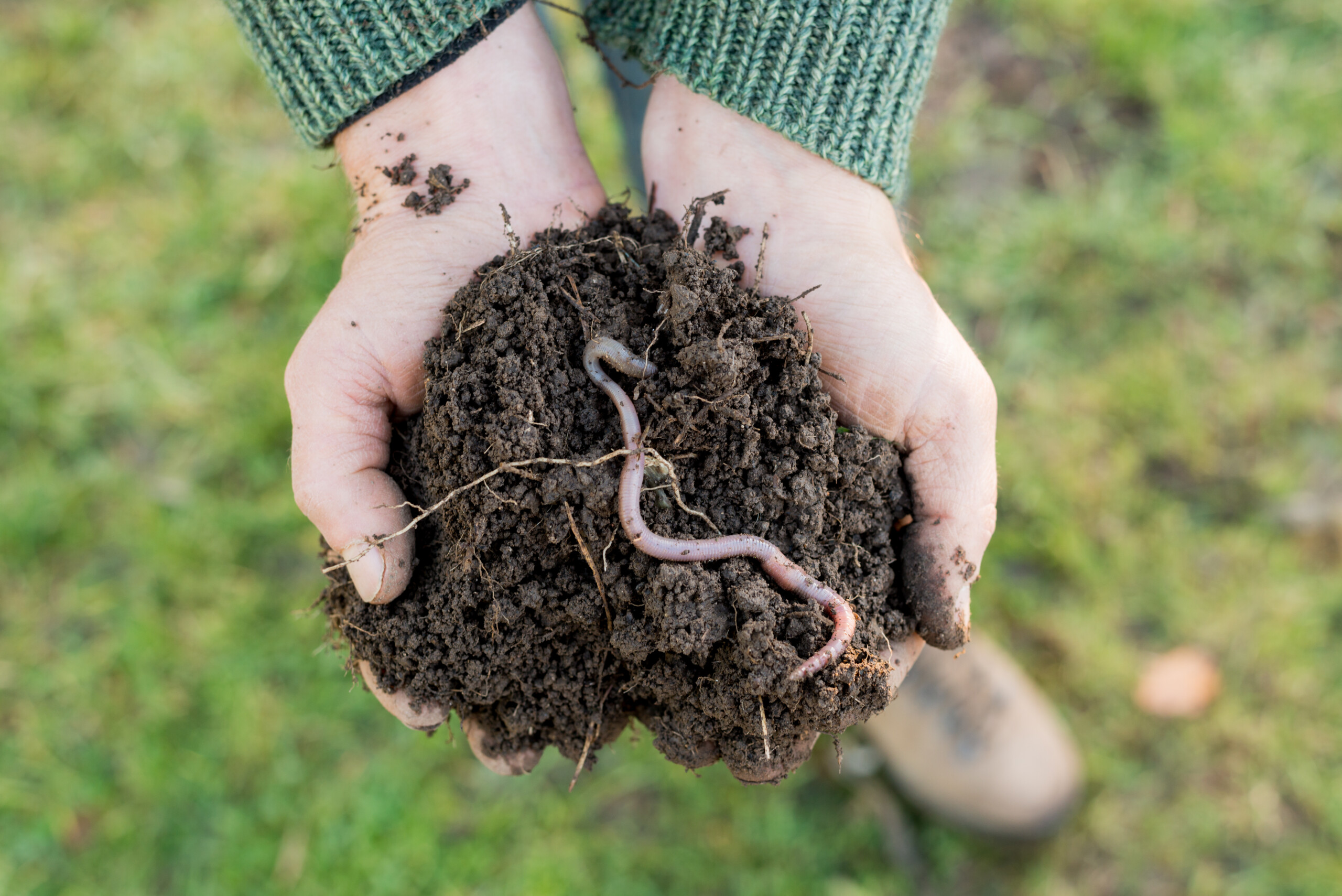Home composting
Home composting is a private gardening practice that enables individuals to convert kitchen and garden waste into compost for personal use. This process not only enriches home gardens but also plays a role in reducing the volume of organic waste entering residual waste streams. European Bioplastics (EUBP) supports the view that home composting should be seen as a complementary option within the broader organic waste management system.
While industrial composting remains the preferred treatment method for organic waste due to its controlled conditions and scalability, home composting can be particularly effective when practiced correctly at the household level. It is most used for garden waste and certain kitchen scraps, particularly in regions where space and conditions allow. However, home composting is strictly not considered recycling under Article 22 of the Waste Framework Directive, and the resulting compost may only be used privately—not sold commercially.
EUBP strongly supports the separate collection of biowaste through kerbside systems and subsequent treatment in industrial composting or anaerobic digestion (AD) plants, as these systems ensure hygienic handling, better methane capture, and higher-quality compost and biogas production.
In certain regions where the practice of home composting is common and encouraged, it is important to consider home compostability (in addition to industrial compostability) for specific applications that are likely to end up in home composting systems—such as food packaging products and gardening applications
However, home composting should be approached with care. If not, properly it can release methane and pose risks. Additionally, certain types of organic waste, such as meat and fish, are unsuitable for home composting due to potential health and environmental concerns.
Standard and labels
Products labeled as compostable must meet stringent standards. For industrial composting, certification is based on EN 13432 or EN 14995, and marked with labels like Seedling, OK Compost, or DIN Geprüft Industrial Compostable.
For home compostability, materials are tested under conditions typical of home composting environments—lower and less consistent temperatures, and longer degradation times. Relevant standards and certification schemes include:
- TÜV Austria’s OK Compost Home
- DIN CERTCO’s DIN geprüft home compostable and DINplus Home compostable carrier bags
- NF T51-800 (France)
- UNI 11183:2006 (Italy)
- EN 17427 and EN 17428 for home compostable carrier bags
EUBP supports the upcoming harmonisation of home compostability standards as proposed under the Packaging and Packaging Waste Regulation (PPWR) and recommends aligning future EU-wide standards with EN 17427 and EN 17428 while expanding their scope to match EN 13432.
Home composting offers a viable, environmentally friendly solution for specific types of organic waste and products, particularly in households with gardens and in regions where this practice is encouraged. While it cannot replace industrial composting or anaerobic digestion, it serves as a valuable supplementary option. For products likely to end up in home composting systems, particularly in countries where home composting is supported, certified home compostability can be considered alongside industrial compostability.
